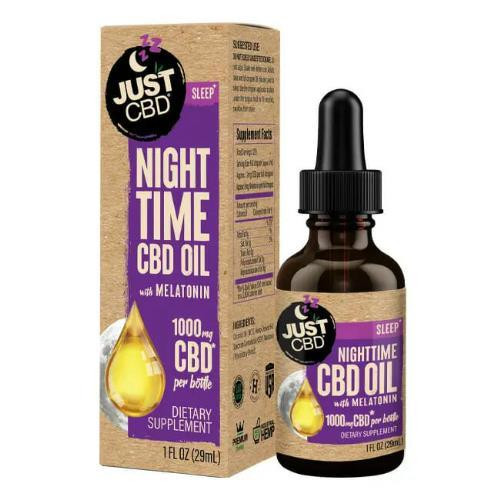The Shelf Life of Tinctures: How Long Do They Last?
Introduction
Tinctures have been used for centuries as a convenient and potent form of herbal medicine. Whether for their therapeutic properties or culinary applications, tinctures are a popular choice among those seeking natural remedies. However, like any other product, tinctures have a finite shelf life. In this article, we’ll explore the factors influencing the longevity of tinctures and provide tips on how to maximize their potency and effectiveness.
Factors Affecting Shelf Life”
-
Base Alcohol: The type and proof of alcohol used in tincture preparation play a crucial role in determining its shelf life. High-proof alcohol, such as vodka or grain alcohol, acts as a preservative, extending the tincture’s lifespan.
-
Storage Conditions: Proper storage is essential to maintaining a tincture’s potency. A cool, dark place, away from direct sunlight and temperature fluctuations, is ideal. Exposure to light and heat can lead to oxidation and degradation of active compounds.
-
Quality of Ingredients: The quality and freshness of the herbs or botanicals used to make the tincture are paramount. Fresh, high-quality herbs will yield a more potent tincture with a longer shelf life.
-
Airtight Containers: Tinctures are best stored in dark glass bottles with airtight seals. This prevents air and moisture from affecting the tincture’s quality.
Expected Shelf Life:
Under optimal conditions, tinctures can have a shelf life ranging from 1 to 3 years. Some well-preserved tinctures, particularly those made with high-proof alcohol, can last even longer. However, it’s essential to note that the potency of a tincture may gradually diminish over time.
Signs of Spoilage:
While tinctures do not “expire” in the same way perishable foods do, there are signs to watch for to determine if a tincture has lost its potency:
-
Changes in Color or Smell: If a tincture changes color or develops an unpleasant odor, it may be an indication that it has degraded.
-
Sediment or Cloudiness: A tincture should be clear and free of visible particles. Sediment or cloudiness may suggest microbial growth or contamination.
-
Lack of Effectiveness: If a tincture no longer produces the desired effects, it may have lost its potency.
For More Info:-

